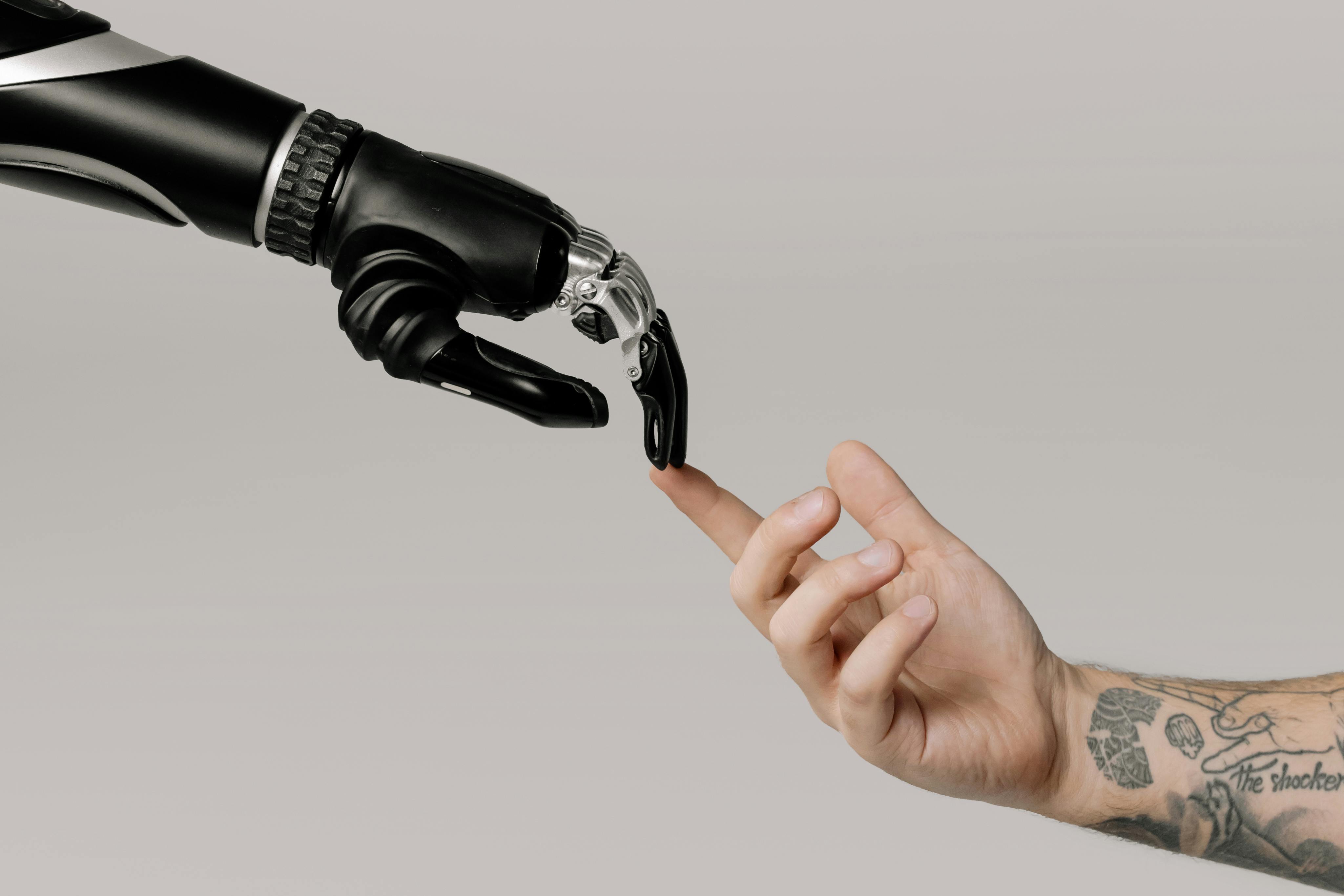How AI Tools Are Transforming Healthcare in India 2025
How AI Tools Are Transforming Healthcare in India 2025
India’s healthcare system is undergoing a seismic shift in 2025, driven by the rapid adoption of artificial intelligence (AI) tools. From rural clinics to urban hospitals, AI is redefining how healthcare is delivered, making it more accessible, accurate, and affordable for millions. As India strides toward a healthier future, AI tools are playing a pivotal role in addressing longstanding challenges like doctor shortages, diagnostic delays, and unequal access to care. Let’s explore how AI is transforming healthcare in India and what it means for the average Indian.
AI-Powered Diagnostics: Faster, Smarter, and AccessibleAI tools are revolutionizing diagnostics by enabling faster and more accurate detection of diseases. In 2025, AI-powered imaging systems are widely used in hospitals across India to analyze X-rays, MRIs, and CT scans with precision that rivals human experts. For instance, AI algorithms can detect early signs of diseases like tuberculosis or cancer, even in remote areas where radiologists are scarce. Startups like Qure.ai and Niramai are leading the charge, offering affordable solutions tailored to India’s diverse population.In rural India, where access to specialists is limited, AI-powered mobile apps are helping community health workers diagnose conditions using smartphones. These tools analyze symptoms, vitals, and even images to provide real-time insights, bridging the gap between patients and quality care.
Personalized Treatment Plans for Every IndianAI is also transforming healthcare in India by enabling personalized medicine. Machine learning models analyze patient data—genetic profiles, medical history, and lifestyle factors—to recommend tailored treatment plans. In 2025, AI-driven platforms are helping doctors in cities like Mumbai and Bengaluru prescribe precise therapies for chronic conditions like diabetes and hypertension, which affect millions of Indians.For example, AI tools can predict how a patient might respond to a specific drug, reducing trial-and-error in treatments. This is a game-changer in a country where healthcare costs can be prohibitive. By optimizing treatment plans, AI ensures better outcomes and lower expenses, making quality care more inclusive.
Enhancing Access Through Telemedicine and AIIndia’s vast geography and population make equitable healthcare a challenge, but AI-powered telemedicine is breaking barriers. In 2025, platforms like Practo and mfine integrate AI to offer virtual consultations with unprecedented efficiency. AI chatbots triage symptoms, schedule appointments, and even provide mental health support in regional languages like Hindi, Tamil, and Bengali.In underserved areas, AI-driven drones are delivering medicines and diagnostic kits, ensuring timely interventions. These innovations are empowering ASHA workers and local clinics to serve communities that once relied on distant hospitals. By leveraging AI, India is making healthcare not just a privilege but a right for all.The Road Ahead for AI in Indian HealthcareThe future of healthcare in India is bright, with AI tools at its core. However, challenges like data privacy, infrastructure gaps, and the need for AI literacy among healthcare workers remain. In 2025, the Indian government and private sector are collaborating to address these hurdles, ensuring ethical AI adoption. Initiatives like the National Digital Health Mission are integrating AI to create a seamless healthcare ecosystem.For Indian readers, this transformation means hope—hope for quicker diagnoses, affordable treatments, and a healthier nation. As AI continues to evolve, it’s clear that the healthcare revolution in India is just beginning, promising a future where quality care reaches every corner of the country.
AI-Powered Diagnostics: Faster, Smarter, and AccessibleAI tools are revolutionizing diagnostics by enabling faster and more accurate detection of diseases. In 2025, AI-powered imaging systems are widely used in hospitals across India to analyze X-rays, MRIs, and CT scans with precision that rivals human experts. For instance, AI algorithms can detect early signs of diseases like tuberculosis or cancer, even in remote areas where radiologists are scarce. Startups like Qure.ai and Niramai are leading the charge, offering affordable solutions tailored to India’s diverse population.In rural India, where access to specialists is limited, AI-powered mobile apps are helping community health workers diagnose conditions using smartphones. These tools analyze symptoms, vitals, and even images to provide real-time insights, bridging the gap between patients and quality care.
Personalized Treatment Plans for Every IndianAI is also transforming healthcare in India by enabling personalized medicine. Machine learning models analyze patient data—genetic profiles, medical history, and lifestyle factors—to recommend tailored treatment plans. In 2025, AI-driven platforms are helping doctors in cities like Mumbai and Bengaluru prescribe precise therapies for chronic conditions like diabetes and hypertension, which affect millions of Indians.For example, AI tools can predict how a patient might respond to a specific drug, reducing trial-and-error in treatments. This is a game-changer in a country where healthcare costs can be prohibitive. By optimizing treatment plans, AI ensures better outcomes and lower expenses, making quality care more inclusive.
Enhancing Access Through Telemedicine and AIIndia’s vast geography and population make equitable healthcare a challenge, but AI-powered telemedicine is breaking barriers. In 2025, platforms like Practo and mfine integrate AI to offer virtual consultations with unprecedented efficiency. AI chatbots triage symptoms, schedule appointments, and even provide mental health support in regional languages like Hindi, Tamil, and Bengali.In underserved areas, AI-driven drones are delivering medicines and diagnostic kits, ensuring timely interventions. These innovations are empowering ASHA workers and local clinics to serve communities that once relied on distant hospitals. By leveraging AI, India is making healthcare not just a privilege but a right for all.The Road Ahead for AI in Indian HealthcareThe future of healthcare in India is bright, with AI tools at its core. However, challenges like data privacy, infrastructure gaps, and the need for AI literacy among healthcare workers remain. In 2025, the Indian government and private sector are collaborating to address these hurdles, ensuring ethical AI adoption. Initiatives like the National Digital Health Mission are integrating AI to create a seamless healthcare ecosystem.For Indian readers, this transformation means hope—hope for quicker diagnoses, affordable treatments, and a healthier nation. As AI continues to evolve, it’s clear that the healthcare revolution in India is just beginning, promising a future where quality care reaches every corner of the country.




Comments
Post a Comment